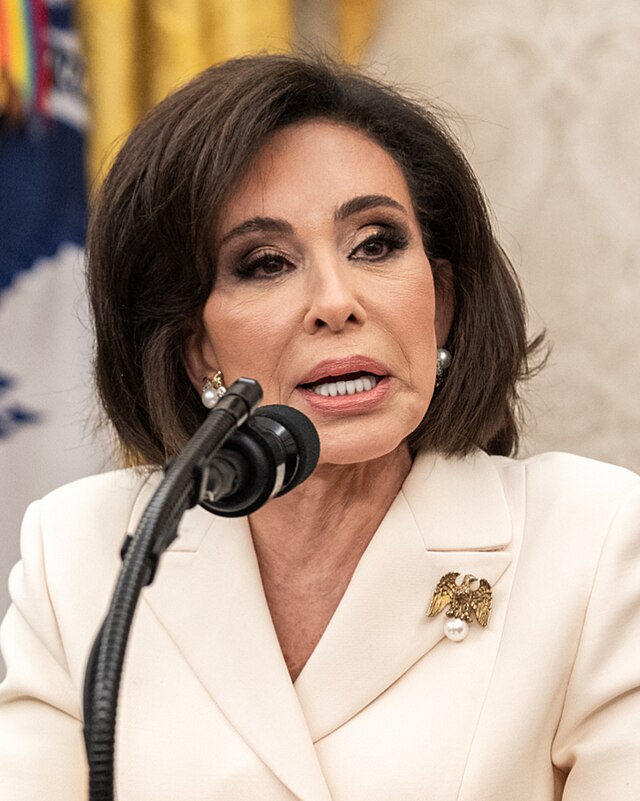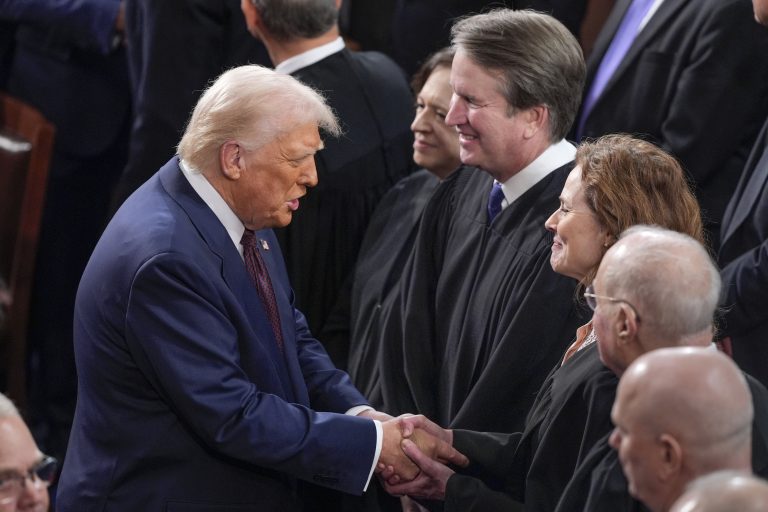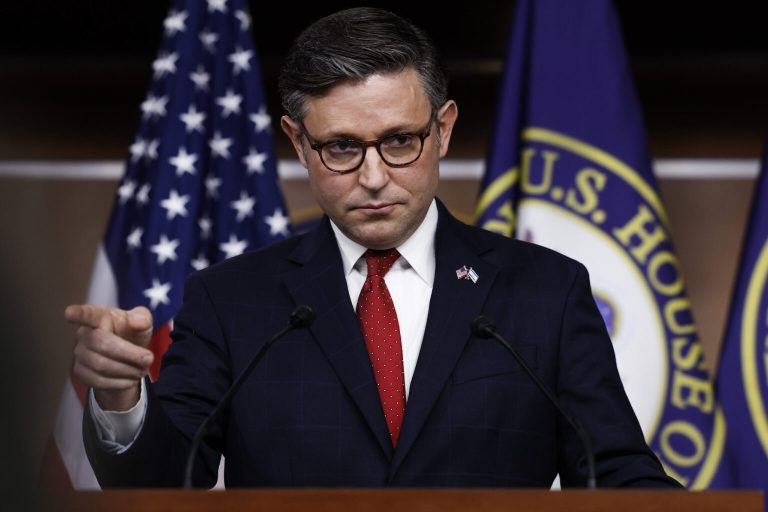Tragic DC Shooting Prompts Federal Action and Renewed Debate on Juvenile Crime
The nation’s capital has been thrust into the spotlight after two teenage suspects were charged in connection with the tragic death of Eric Tarpinian-Jachym, a 21-year-old congressional intern who was fatally struck during a drive-by shooting in Washington, D.C. The incident has reignited national debate over how the justice system handles violent crimes committed by minors.
Two Teens Charged in High-Profile Case
Authorities confirmed that Jalen Lucas and Kelvin Thomas Jr., both 17 years old, face first-degree murder charges in the June 30 shooting that claimed Eric’s life. The attack took place just a mile northeast of the White House, involving a barrage of 79 gunshots fired from two rifles and a 9mm handgun.
Investigators believe the shooting was directed at a rival group in the neighborhood, but tragically, several bystanders were caught in the crossfire — including Eric, who was standing near the area when the gunfire erupted.
Eric, a senior at the University of Massachusetts Amherst and an intern for Rep. Ron Estes (R-KS), succumbed to his injuries the following day, on July 1. His death has shocked both Capitol Hill and his hometown community.
Surveillance Footage Leads to Arrests
Surveillance video from nearby businesses and the Washington Metro played a crucial role in identifying the suspects. The footage captured multiple angles of the scene, helping law enforcement track the vehicle involved and recover ballistic evidence that tied the teens to the shooting.
Officials described the case as “senseless and devastating,” citing it as another example of the ongoing surge in urban gun violence impacting innocent victims.
Jeanine Pirro Demands Change
U.S. Attorney for D.C. Jeanine Pirro has taken a firm stance following the arrests, announcing that the suspects will be tried as adults under District law. Although Washington, D.C. does not permit the death penalty, Pirro emphasized the need for stricter accountability for serious juvenile offenders.
“Eric didn’t deserve to be gunned down,” Pirro said during a press conference, adding that the justice system “failed to protect him” by allowing repeat juvenile offenders to re-enter the streets.
Pirro’s remarks mark a significant escalation in her push for juvenile justice reform, a campaign she has championed since returning to federal leadership.
Support from Local Leaders
Pirro’s comments received rare bipartisan backing, including from D.C. Mayor Muriel Bowser, who echoed her call for tougher prosecutions.
“Cold-blooded murder qualifies as an adult crime,” Bowser stated, arguing that the city must “draw a firm line when it comes to gun violence.”
Their joint remarks signal a growing consensus between federal and local authorities on the need to reform how Washington handles juvenile offenders in violent cases.
Federal Crackdown Ordered by President Trump
In response to the incident, President Donald Trump authorized expanded federal intervention in the capital, directing agencies to assist in reducing street-level violence. The effort has already resulted in the seizure of nearly 200 illegal firearms across the district.
Administration officials say the initiative reflects the White House’s “grave concern” over rising violent crime rates in the city and a renewed focus on public safety enforcement.
Push to Treat Violent Juveniles as Adults
Pirro has proposed that more cases involving 16- and 17-year-old suspects be transferred from family court to criminal court, arguing that repeat offenders pose a significant threat to community safety.
“These young people are not misguided kids,” she said. “They are armed repeat offenders who understand exactly what they’re doing. We need laws that reflect that reality.”
The proposal has drawn mixed reactions. Supporters claim it could deter violent crime, while critics argue it risks undermining rehabilitation efforts for youth offenders.
A Call for Legislative Reform
Pirro’s push is expected to influence future policy discussions on juvenile sentencing reform, both in Washington and nationwide. Legal analysts say her advocacy may lead to a federal review of the District’s Youth Rehabilitation Act, which currently allows many offenders under 18 to avoid adult sentencing.
Proponents of reform say the current system often releases violent juveniles prematurely, enabling recurring criminal behavior.
“Every case like Eric’s is a reminder that the system has limits,” Pirro said. “We can’t keep releasing armed offenders back into communities and expect different results.”
Community Grieves a Promising Life
Eric’s death has deeply affected the congressional community and sparked tributes from both sides of the political aisle.
Rep. Ron Estes, Eric’s employer, described him as a “bright young man with a deep passion for public service.”
“His potential was limitless,” Estes said in a statement. “We are devastated by this senseless tragedy and committed to ensuring justice is done.”
Friends and classmates from the University of Massachusetts Amherst held a candlelight vigil on campus, where Eric was remembered as hardworking, kind, and dedicated to helping others.
Urban Violence and Public Safety
The area where the shooting occurred — near the Convention Center and a Metro station — has seen a marked increase in violent incidents over the past year. City data shows gun-related crimes have risen by nearly 30% compared to the same time last year.
Community leaders have called for more law enforcement presence and expanded youth intervention programs, but many agree that legislative changes are essential to achieving lasting results.
Looking Forward
The legal proceedings against Lucas and Thomas are expected to begin later this fall. Both face multiple charges, including first-degree murder, unlawful possession of a firearm, and reckless endangerment.
The case is being closely watched as a potential benchmark for how Washington, D.C., handles future violent crimes involving juveniles.
As the community mourns, Eric Tarpinian-Jachym’s story stands as a somber reminder of the cost of unchecked violence — and a rallying cry for reform.
“Eric’s loss is not just one family’s tragedy,” Pirro said. “It’s a national wake-up call that something must change.”

Emily Johnson is a critically acclaimed essayist and novelist known for her thought-provoking works centered on feminism, women’s rights, and modern relationships. Born and raised in Portland, Oregon, Emily grew up with a deep love of books, often spending her afternoons at her local library. She went on to study literature and gender studies at UCLA, where she became deeply involved in activism and began publishing essays in campus journals. Her debut essay collection, Voices Unbound, struck a chord with readers nationwide for its fearless exploration of gender dynamics, identity, and the challenges faced by women in contemporary society. Emily later transitioned into fiction, writing novels that balance compelling storytelling with social commentary. Her protagonists are often strong, multidimensional women navigating love, ambition, and the struggles of everyday life, making her a favorite among readers who crave authentic, relatable narratives. Critics praise her ability to merge personal intimacy with universal themes. Off the page, Emily is an advocate for women in publishing, leading workshops that encourage young female writers to embrace their voices. She lives in Seattle with her partner and two rescue cats, where she continues to write, teach, and inspire a new generation of storytellers.









